Feeding San Diego Endorses Stop Child Hunger Act of 2021 to Support Low-Income Families When School is Not in Session
Feeding San Diego has joined both local and national organizations – including Feeding America, the Alliance to End Hunger, and the National Education Association – in endorsing the Stop Child Hunger Act. If signed, it would provide families who have children eligible for free and reduced-price school meals with an electronic benefit transfer (EBT) card when school is not in session, such as during summer or winter break, or when schools are operating remotely or in a hybrid model.
The bill was introduced in May 2021 by U.S. Representative Mike Levin (D-CA) and Senator Patty Murray (D-WA), chair of the Senate Health, Education, Labor, and Pensions (HELP) Committee. Rep. Jahana Hayes (D-CT) also joined in introducing the bill.
What’s At Stake
Approximately 29.6 million students are eligible to receive free or reduced-price school meals each day during the annual school year. School nutrition programs provide critical nourishment to students to support healthy living and improve cognitive function throughout the school day. A lapse in these benefits during the summer months can have a drastic impact on low-income families. The necessity of school nutrition programs has become especially pronounced during the COVID-19 pandemic. With schools operating remotely or in a hybrid model, the introduction of Pandemic-EBT has averted severe hunger for many households. It’s important to note that when classrooms in California reopen for the fall term. All 6.2 million public school students will have access to free school meals, regardless of their family’s income. This is all thanks to the universal school meal program covered by the California state budget. This is an important step forward to reduce the stigma of poverty, but there are still gaps when low-income families can be left behind.
“Even though we served over 40 million meals in San Diego County in our last fiscal year, we must do more,” says Dan Shea, CEO of Feeding San Diego. “Ensuring access to nutritious food is a basic human right. Even more so for vulnerable children whose potential can be dashed by hunger early on in their lives. Feeding San Diego is committed to fulfilling that need and that right.”
He continues, “The Stop Child Hunger Act of 2021 is a crucial step to ensure no child goes hungry, ever. Without such initiatives, hunger relief organizations cannot fulfill the needs of the communities they serve. The leadership that Congressman Mike Levin, Congresswoman Jahana Hayes, and Senator Patty Murray have demonstrated by introducing the Stop Child Hunger Act of 2021 will, immeasurably and positively, keep children hunger secure while also helping them succeed in school.”
A Permanent Solution
Feeding San Diego has long provided support to San Diego County students through various programs. These programs alleviate child hunger by providing free, nutritious food to children, youth, and their families at their schools. This ensures consistent, reliable access to healthy food in convenient locations where they are already comfortable.
The Stop Child Hunger Act of 2021 builds on the foundation, success, and learning from the current Pandemic-EBT and Summer EBT programs to establish a permanent nutrition program for children from low-income families when they are out of school, and would:
- Convert the Summer EBT pilot into a permanent, nationwide program.
- Authorize EBT cards for eligible households with a balance worth the daily value of school lunch and breakfast to cover school closures of more than five days, including summer and winter school breaks and when schools are operating remotely or in a hybrid model for more than five days.
- Allow eligible households to use EBT cards for the purchase of food only from retail food stores that have been approved for participation in the Supplemental Nutrition Assistance Program (SNAP).
- Provide grants to states to support the development of data systems or upgrades to existing data systems to carry out this program.
To learn more about the bill, a fact sheet can be found here.









